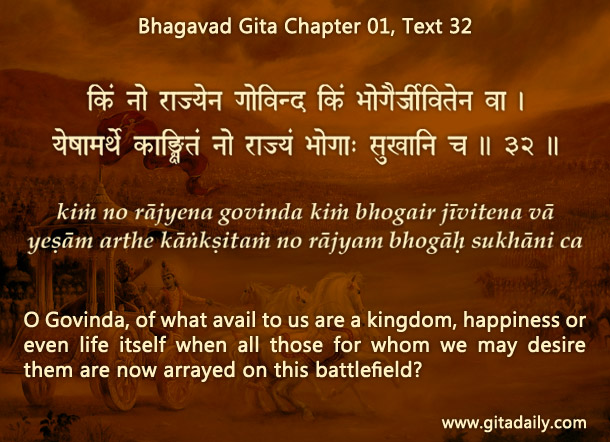We learn best by an expert combination of the specific and the universal.
Specifics catch our attention as when novels paint a vivid picture of the places, peoples or predicaments they are depicting. But such specifics may do nothing more than just captivate and titillate — particulars described in fictional or historical texts may often be too different from our circumstances to be relevant for us. If those particulars are to lead to any tangible learning, they need to be placed in a broader context that makes their relevance clear..
When a book rises from its particular situations to broader principles that address universal human concerns, readers can easily see how those same principles are applicable for them. However, if those principles are presented in themselves without adequately specific examples, they may seem too abstract for us to comprehend or to even pay attention to. That’s why effective teaching requires a judicious balance between the specific and the universal.
The Bhagavad-gita presents such a balance: it begins with a fascinating specific situation, wherein a warrior about to fight a major war suffers an emotional and ethical breakdown. The Gita’s first chapter describes a particular place, person and predicament, thus commanding attention. Even if the particular names seem unfamiliar, maybe even unpronounceable, thoughtful readers can still be intrigued by the setting being described. Once they invest their attention in reading further, they are led to universal questions in the Gita: Are we duty-bound to protect our relatives even if they are unrighteous or downright vicious? When is a righteous war worth the toll it takes? Or most universally, how do we decide what is dharma, the right thing to do?
One-sentence summary:
By starting with specific situations, the Gita captures attention; by progressing to universal human concerns, it maintains relevance.
Think it over:
- What’s the strength and the limitation in describing specific situations?
- What’s the strength and the limitation in analyzing universal principles?
- How does the Gita harmonize the specific and the universal?
***
01.32: O Govinda, of what avail to us are a kingdom, happiness or even life itself when all those for whom we may desire them are now arrayed on this battlefield?
To know more about this verse, please click on the image


Leave A Comment